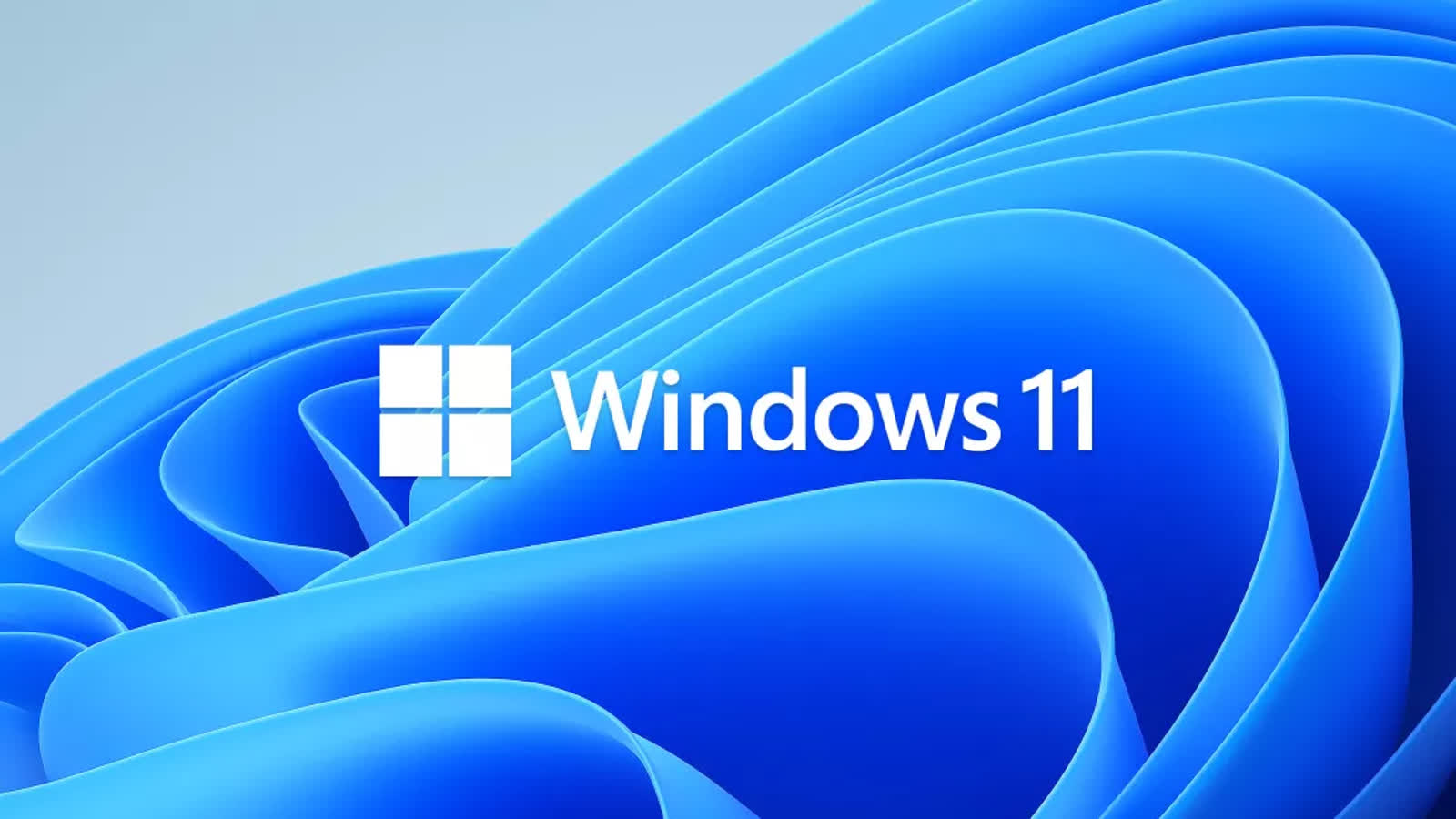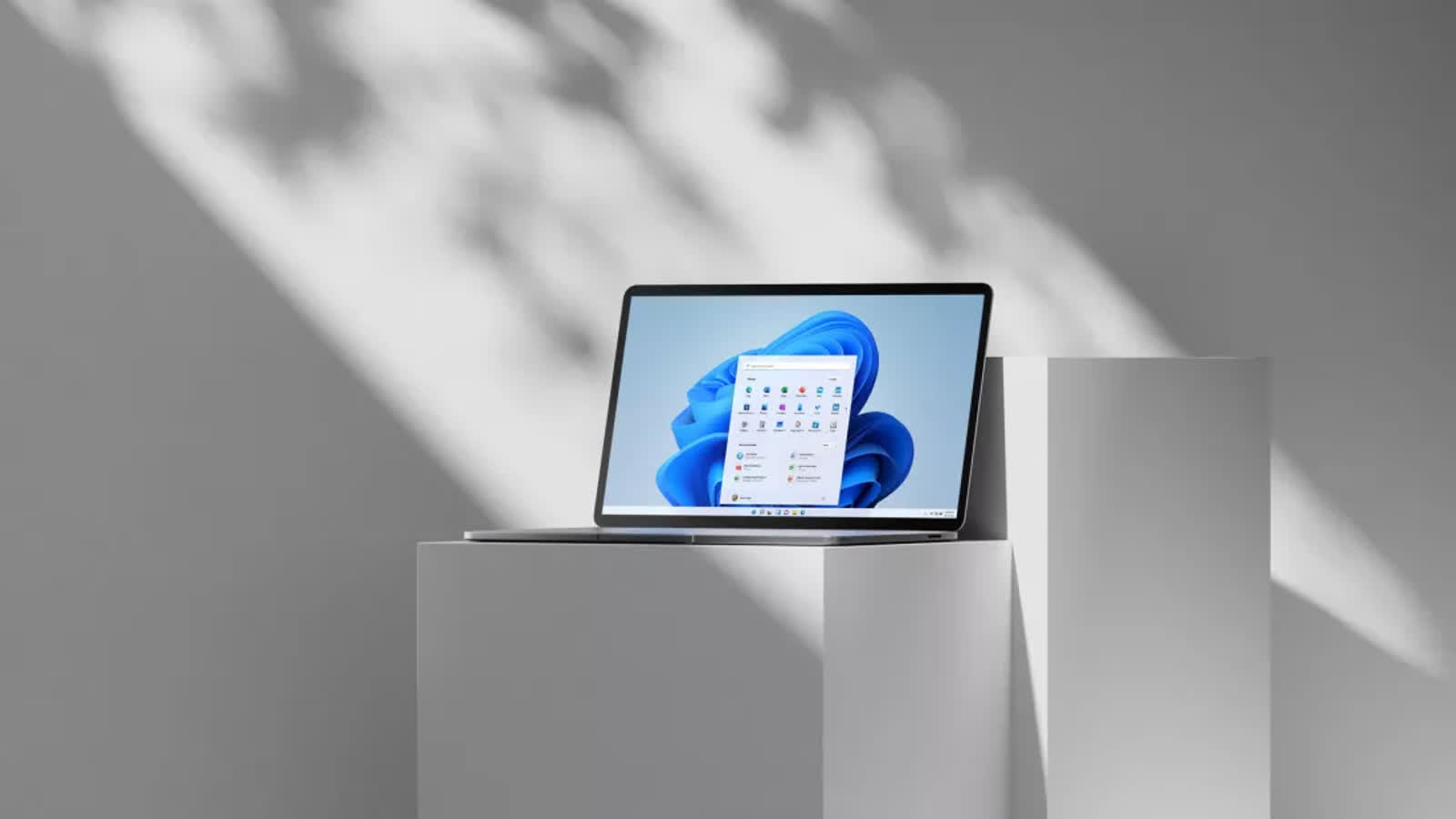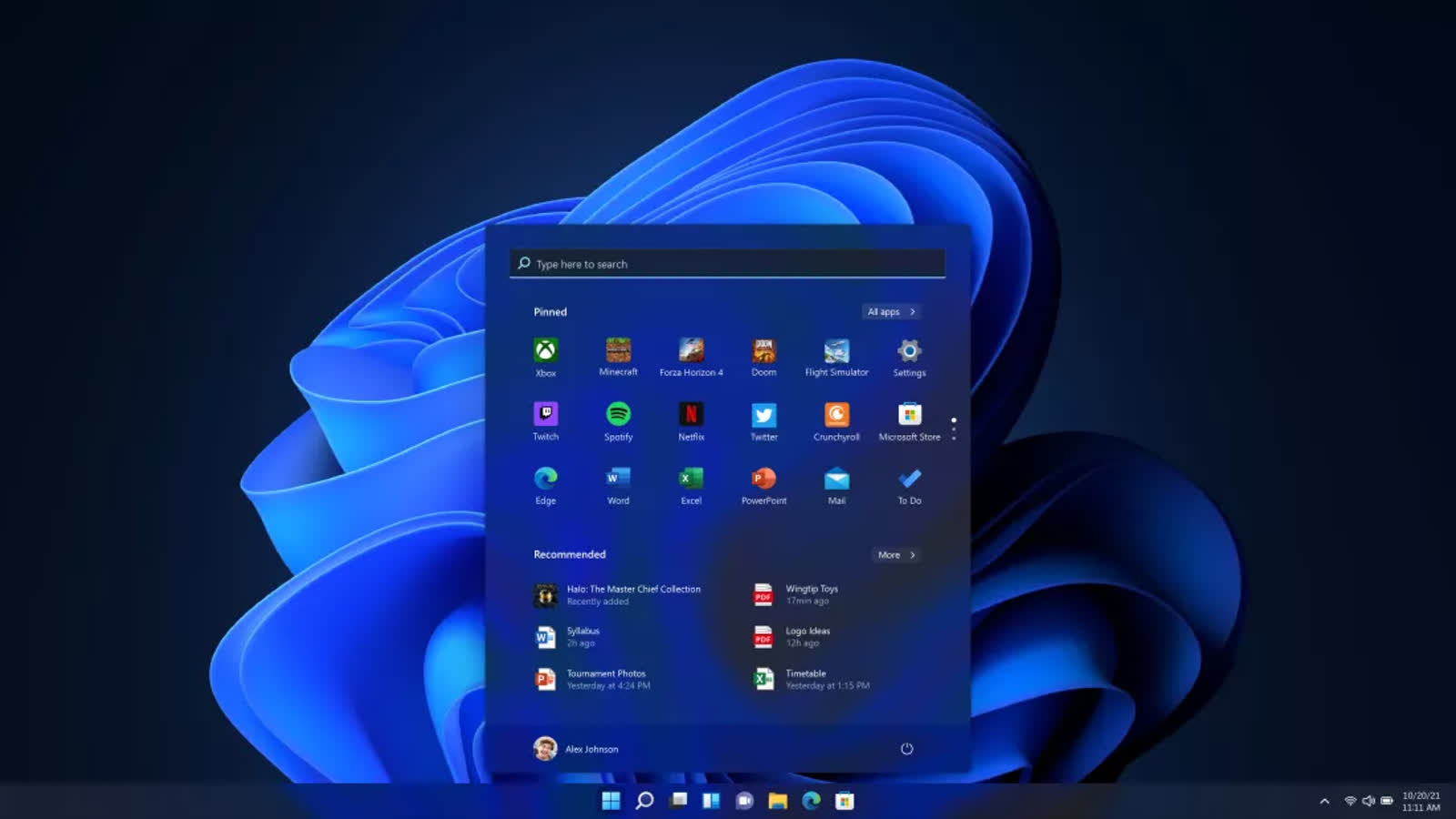Why it matters: Analyst firm Gartner says Windows 11 doesn't offer enough to justify a quick adoption rate, at least among businesses. Instead, it highlights how the latest operating system version is more of a "rallying point" for the industry.
In its "Positioning Windows 11 and Preparing to Deploy" report (via The Register), Gartner research vice president Stephen Kleynhans says Microsoft's latest OS iteration offers an "overdue facelift," while commending new features including the new Microsoft Store, Android app support, and the removal of Internet Explorer (in favor of its Edge browser).
However, "all of these capabilities could have been released as just another feature update for Windows 10." The decision to include them in Windows 11 is more about creating excitement around the new name, as opposed to offering meaningful change, he argued. By calling it Windows 11, Microsoft "has created a marketing opportunity for the PC ecosystem."
"A new OS version acts as a rallying point for the industry - something that has been missing since Windows 10 launched six years ago," Kleynhans stated. He also added that "the move to the Windows-as-a-service model with Windows 10 had left the question of support for outdated hardware somewhat unclear and arbitrary."

Even though it may not warrant the new title, with Windows 11, Microsoft has consequently gained "an opportunity to establish a new more modern baseline and limit this legacy burden, without impacting existing Windows 10 users."
Kleynhans believes Windows 11's most noteworthy change is its move to just one feature update per year, as opposed to Windows 10 releasing them twice a year. "This model more closely matches what most enterprises are effectively doing with Windows 10 feature updates today," Kleynhans said.
The analyst suggested that businesses shouldn't rush into upgrading their systems to Windows 11. "Enterprises should run small pilots in 2022 using the initial Windows 11 21H2 release, to develop familiarity with the new UX and understand potential user and support impact," he noted.

For enterprises, Kleynhans doesn't expect they'll be eager to upgrade in the coming years. "By early 2023, less than ten percent of new enterprise PCs will be deployed with Windows 11," he anticipates. As for consumers, it's a similar outlook; over 60 percent of PC users don't even know about Windows 11's launch.
The lukewarm reception for the OS, meanwhile, accompanies some notable issues the operating system is experiencing. Microsoft's decision to impose a controversial system requirement, TPM 2.0, could also prevent mass adoption in the near future.
As we previously detailed, Windows 11 shares a lot in common with its predecessor. One change in particular stands out: modifications in the update engine could have been backported to Windows 10, and while update sizes will be reduced by up to 40 percent, that won't be available for Windows 10 users.
